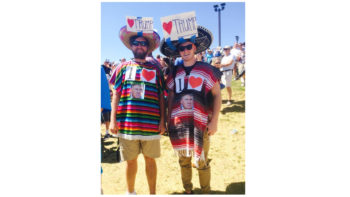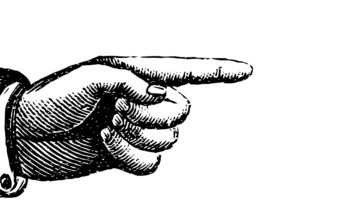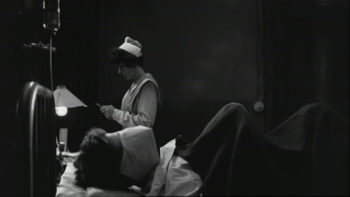Gender Fear Stalks the Public Toilet, Trans This Time
March 3, 2017
—Harvey Molotch
Fueled by shame, secrecy, and all the other anxieties related to bodily functions and public regard, restrooms have long been a venue for stigma, deprivation, and even death.








